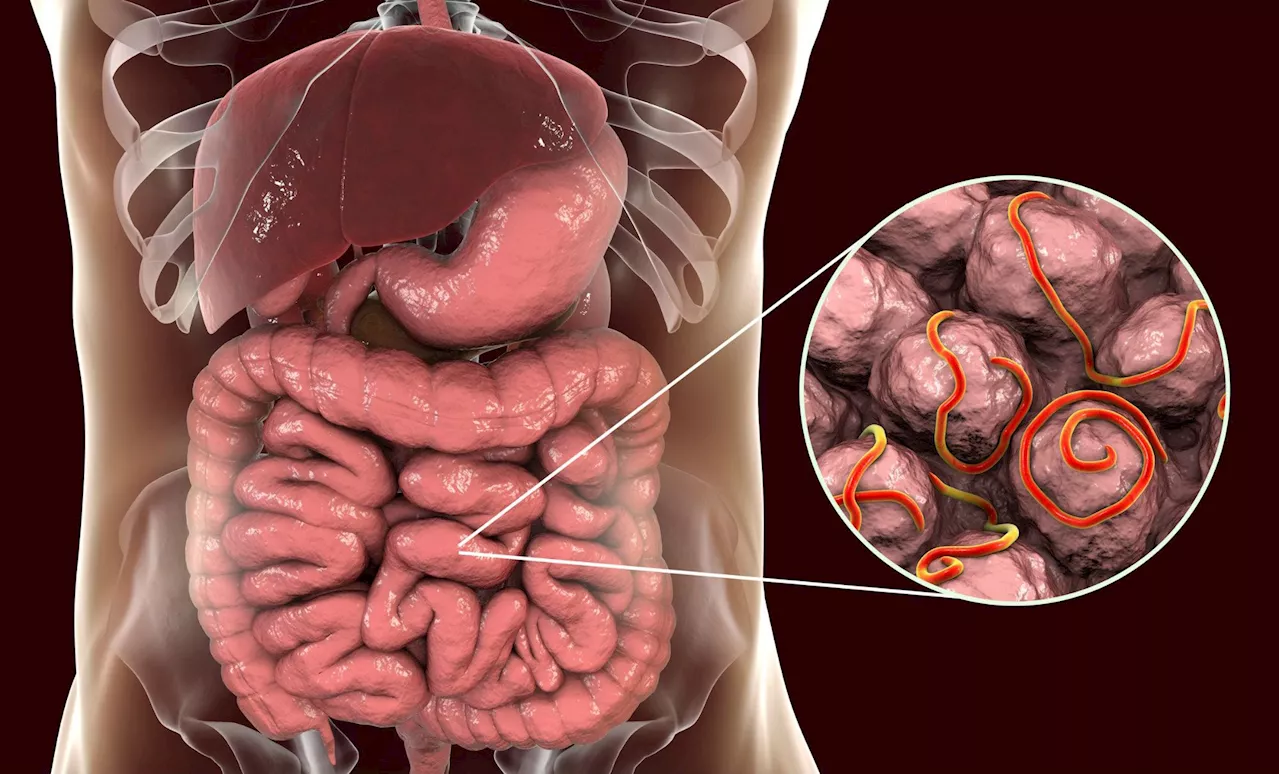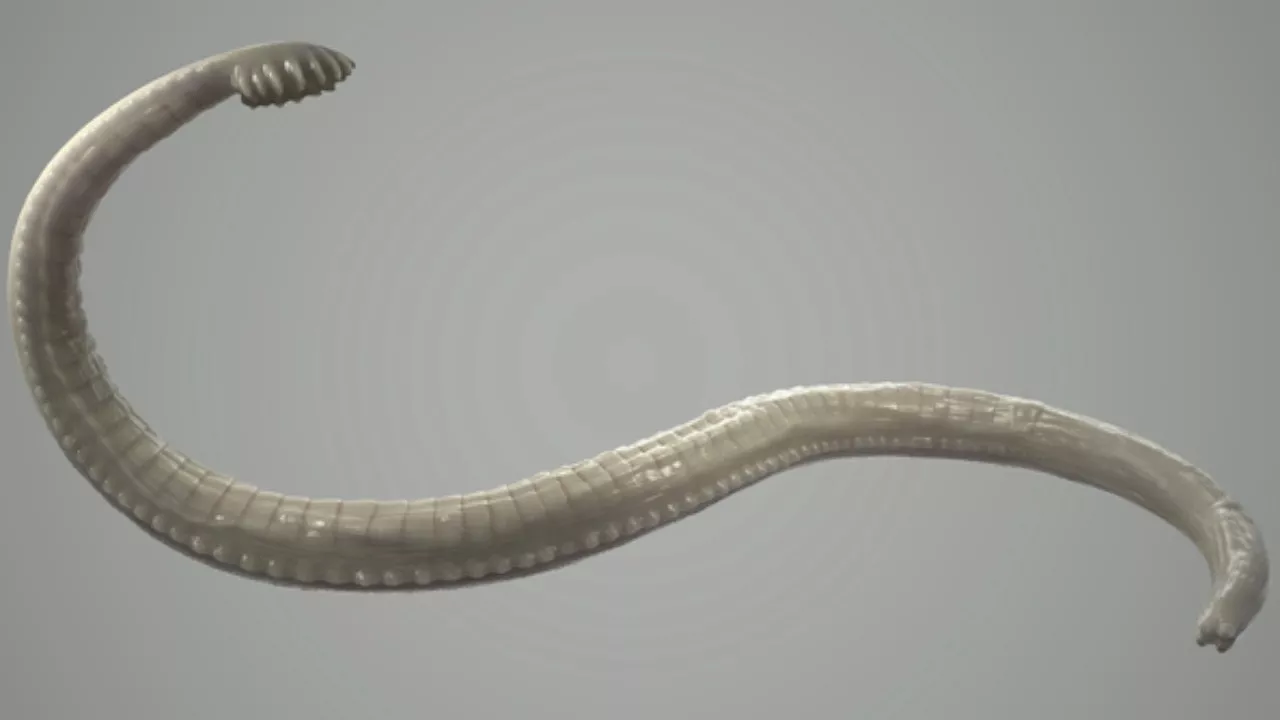A recent study found that the brain can generate emotional responses even when sensory cues are absent. This has implications for individuals who are blind or deaf and how they organize their emotions.
Plasticity in the brain allows it to adapt to sensory deprivation . Humans rely on the five senses to make sense of the world around us, including understanding our feelings and the feelings of others.
But what if you do not have access to your senses? How do those who are blind or deaf organize sensory cues and create emotional responses? A recent study at IMT School for Advanced Studies in Lucca, Italy, found that our brain is wired to generate emotional meaning, even when we cannot see or hear. Our feelings are so powerful that even if you are blind and deaf, your brain can generate intense emotional responses. The five senses play an important role in emotional processing, learning, and interpretation. Vision is dominant, with the visual cortex playing a vital role in identifying emotions and helping us navigate our own emotions and those of others
Plasticity Brain Sensory Deprivation Emotions Blind Deaf Study Neuroscience
United States Latest News, United States Headlines
Similar News:You can also read news stories similar to this one that we have collected from other news sources.
 Long COVID brain fog may be due to damaged blood vessels in the brainMRI scans of long COVID patients with brain fog suggest that the blood brain barrier may be leaky.
Long COVID brain fog may be due to damaged blood vessels in the brainMRI scans of long COVID patients with brain fog suggest that the blood brain barrier may be leaky.
Read more »
 Research offers hope for preventing post-COVID 'brain fog' by targeting brain's blood vesselsResearchers have identified a mechanism that causes neurological problems in mice infected with SARS-CoV-2, the virus behind COVID-19. The researchers also found a treatment that helped prevent these changes.
Research offers hope for preventing post-COVID 'brain fog' by targeting brain's blood vesselsResearchers have identified a mechanism that causes neurological problems in mice infected with SARS-CoV-2, the virus behind COVID-19. The researchers also found a treatment that helped prevent these changes.
Read more »
 Emotional neglect in your childhood breeds emotional neglect in your marriage.No one chooses emotional neglect in their marriage, yet it happens in many. Here are 3 relationship dynamics that may signal you are emotionally neglecting your spouse.
Emotional neglect in your childhood breeds emotional neglect in your marriage.No one chooses emotional neglect in their marriage, yet it happens in many. Here are 3 relationship dynamics that may signal you are emotionally neglecting your spouse.
Read more »
 Nature’s Dieting Tip: Scientists Uncover Surprising Plasticity of the GutScience, Space and Technology News 2024
Nature’s Dieting Tip: Scientists Uncover Surprising Plasticity of the GutScience, Space and Technology News 2024
Read more »
Open Faculty Positions at the State Key Laboratory of Brain Cognition & Brain-inspired Intelligence - Shanghai, China job with CAS Center for Excellence in Brain Science and Intelligence Technology (CEBSIT)The State Key Laboratory of Brain Cognition and Brain-inspired Intelligence is established in the Center of Excellence in Brain Science and Intelligent Technology of the Chinese Academy of Sciences (http://english.cebsit.cas.cn/).
Read more »
 Man suffering from migraines found to have tapeworms in brain after consuming partially cooked bacon: studyA 52-year-old man suffering from severe migraines was found to have tapeworm larvae attached to his brain, which researchers linked to his consumption of lightly cooked bacon.
Man suffering from migraines found to have tapeworms in brain after consuming partially cooked bacon: studyA 52-year-old man suffering from severe migraines was found to have tapeworm larvae attached to his brain, which researchers linked to his consumption of lightly cooked bacon.
Read more »
